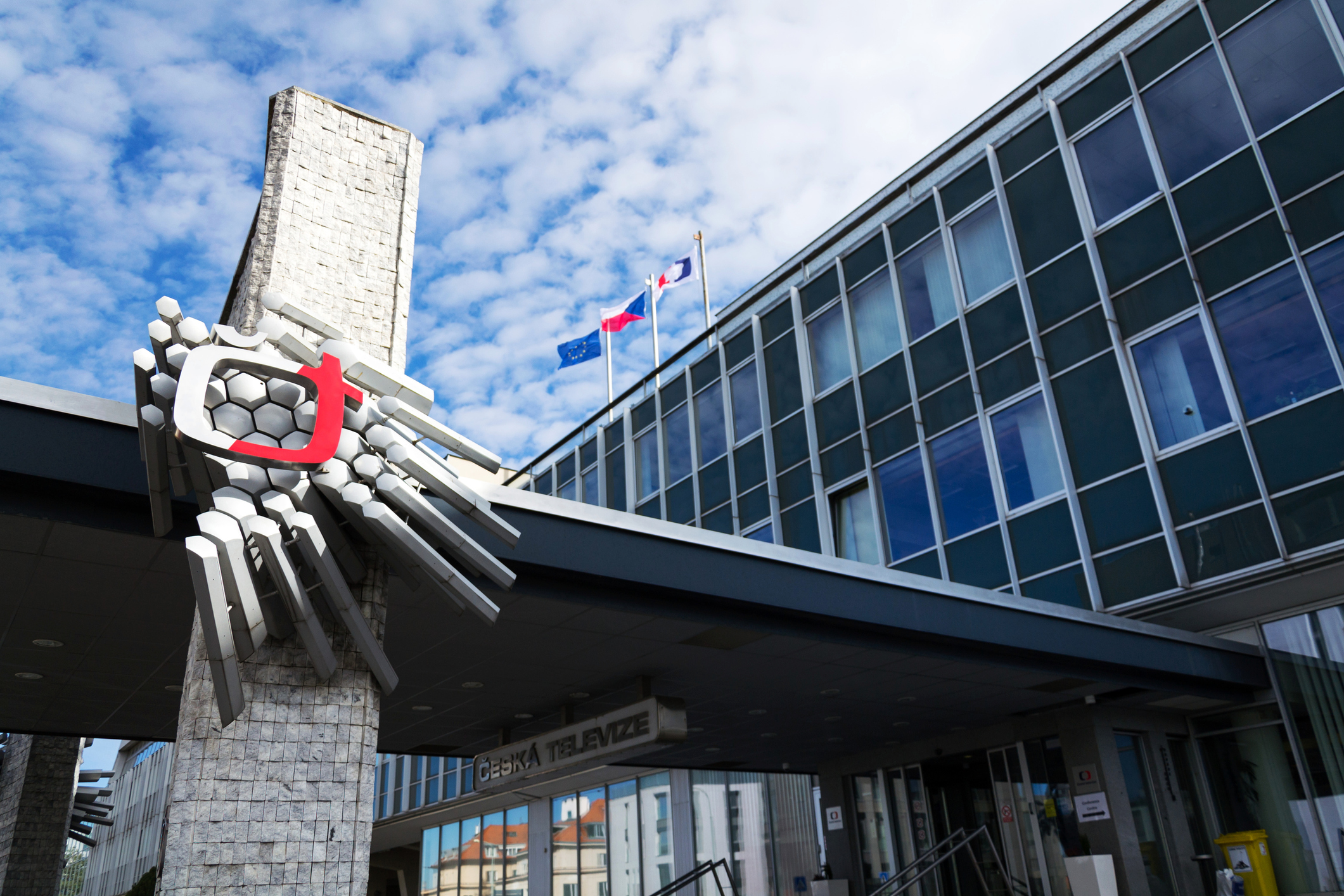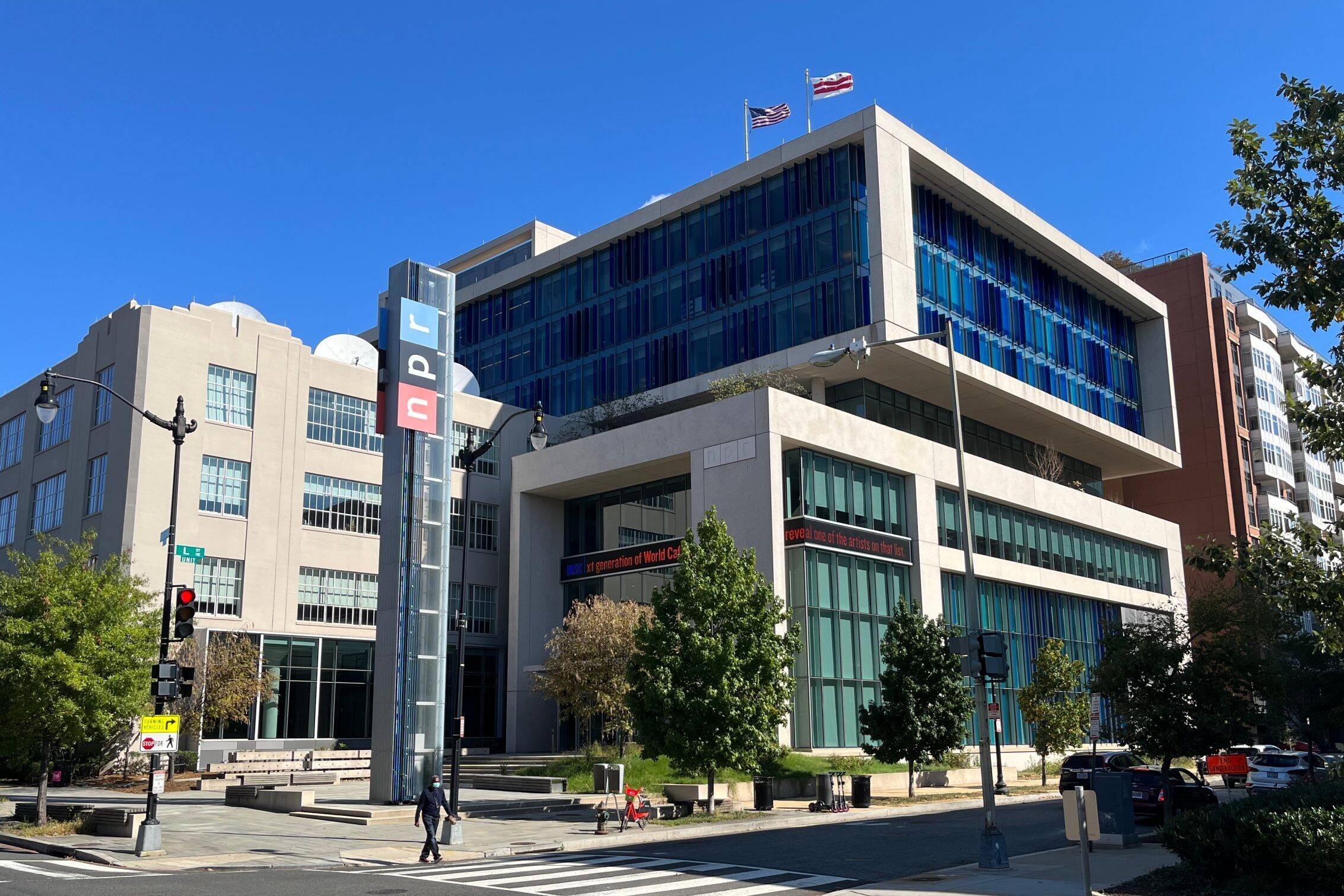The PMA Briefing
Public media accused of bias
1 April 2025
Accusations of anti-government bias were levied at both NPR and PBS, who were described of being “radical left-wing echo-chambers” in a congressional hearing; while Israel’s ruling party’s spokesperson described Kan as “a mouthpiece for a small and radical left-wing group”. In Colombia, however, a press freedom group has called for an investigation into pro-government editorial censorship at RTVC. Plus, KBS defends its emergency broadcasting coverage of wildfires; Yle’s €50 million savings package comes into effect; and South Africa pushes back the digital switchover date.
US: NPR and PBS bosses testify at congressional hearing
Republican politicians launched a slew of criticisms towards the two bosses of America’s national public media outlets, NPR and PBS, in a congressional hearing last week. Katherine Mayer, NPR’s CEO, and Paula Kerger, PBS’ CEO, faced claims of political bias from the chair of the House subcommittee on government efficiency, Rep. Marjorie Taylor Greene, and others. “NPR and PBS have increasingly become radical left-wing echo chambers for a narrow audience of mostly wealthy white urban liberals and progressives,” Greene said.
However, such claims of bias were rebuffed. Maher said that NPR was a non-partisan organisation, and in their opening statements, both Maher and Kruger pointed to the ongoing value that public media plays across the US, providing accessible and local news to audiences, at a time of increasing news desertification, while also acting as a lifeline during emergencies. The hearing ended with Greene saying that they would be advising that all federal funds for public media, which is distributed through the Corporation for Public Broadcasting, should cease.
It comes after research from the Pew Research Center found that more Americans think federal funding for public media should remain (43 percent) than those who thought it should be removed (24 percent).
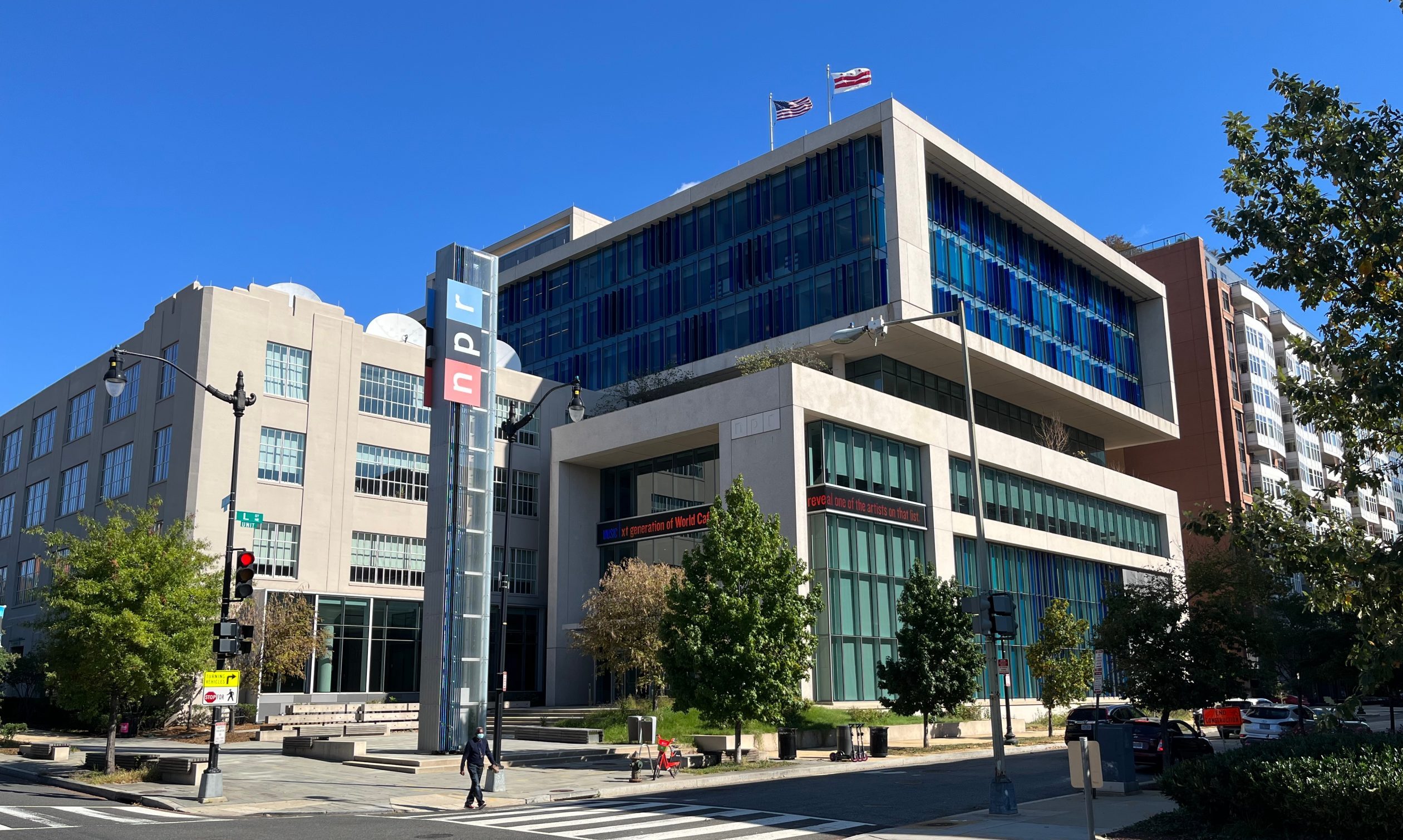
Israel: Netanyahu voices support for Kan privatisation
Israel’s Prime Minister, Benjamin Netanyahu, has stated his support for privatising the country’s public broadcaster, Kan. The declaration was made during a weekly government meeting, and later reported by his spokesperson to The Jerusalem Post.
Kan has been in the purview of the government for some time, with attempts to privatise the broadcaster stymied in January after a leading government politician voiced his opposition to the proposal. However, there have been other attempts to interfere, including changing the appointments process as well as the funding setup.
The recent statement from Netanyahu comes after the ruling party condemned the broadcaster for airing a comedy skit which mocked the Prime Minister. The ruling party mis-identified an image in the sketch as Netanyahu’s brother. But despite realising its mistake, the party’s spokesperson did not back down, accusing Kan of “acting as a mouthpiece for a small and radical left-wing group,” the Likud spokesperson said. “KAN 11 is a propaganda channel that promotes draft evasion and damages the State of Israel’s national morale.”
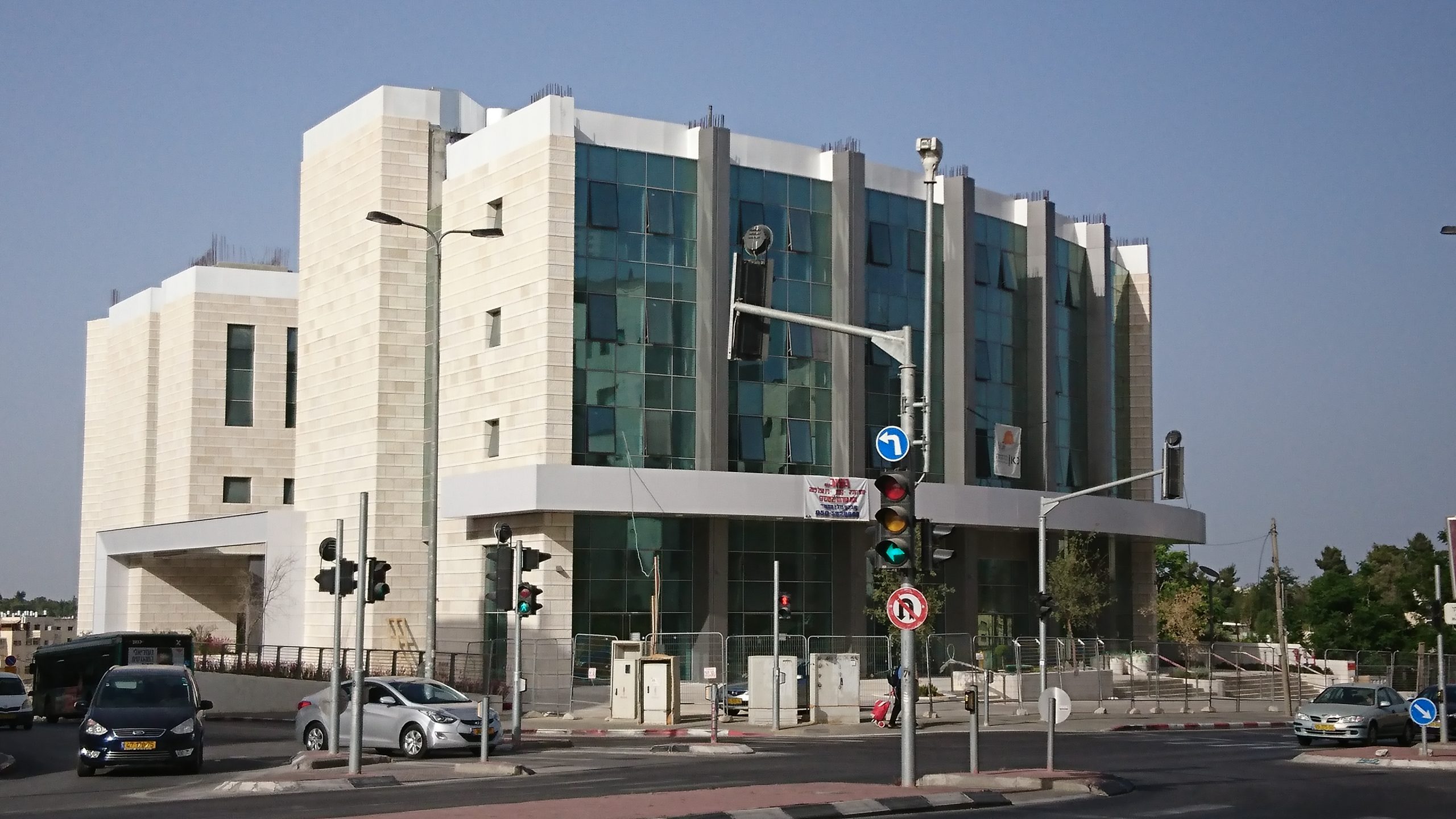
Colombia: Editorial pressure and censorship at RTVC
The Colombian Foundation for Press Freedom (FLIP) has denounced a growth in censorship at the public broadcaster, RTVC. According to the Foundation, the repressive atmosphere coincided with the appointment of Hollman Morris as Director of RTVC in 2024.
Journalists from public broadcaster have experienced editorial pressures, censorship of content critical of the government and the exclusion of opposition voices, claimed FLIP. In a statement, the organisation raised concerns over the editorial independence of RTVC and the grave impact it would have on the pluralism of information in the country.
Morris, who has been under scrutiny of Colombian press following certain irregularities within RTVC, reportedly received support from President Gustavo Petro who defended the RTVC Director on social media.
Morris denied the allegations of censorship and pressures on staff, denouncing FLIP’s statement as a smear campaign. The Foundation called for an independent investigation to be carried out to look further into the irregularities within RTVC.

Finland: Yle’s saving measures come into force
Yle has announced a savings package of €50 million for 2025-2026, which will see major operational and structural changes at the broadcaster. The aim is also to increase the efficiency of the public broadcaster on certain focus despite the savings. According to the Ilta Sanomat, this would be achieved with the help of AI, notably in information acquisition and fact-checking.
Yle announced the broadcaster’s management will go through a restructuring, including a reduction of managers. The News and Sport department will have to be condensed and rethought, along with the creative content unit, while audio production teams will be streamlined. These measures are to ensure the responsiveness of Yle Radio Suomen and Yle Radio 1, which are key to Yle’s emergency system services.
The measures decided by the public broadcaster will also impact its content offer, with the cancellation of several programmes and an increase of archive broadcasting, changes that have sparked a wave of discontent among the audience.

South Africa: Digital switchover delayed once again
South Africa’s analogue TV signal switch off has been suspended once again. The digital switchover was meant to take place on 31 March 2025, but ongoing concerns around the inadequate roll-out of set-top boxes to deprived communities has meant it has been indefinitely postponed.
Such concerns have been abounding for years, as South Africa’s government has continually tried to implement the switchover, only to be scuppered at the last minute. Concerns boil down to lack of access to news and information to households who do not have the technological means to access digital signals. “Had the Switch-Off gone ahead, not only would community broadcasters, ETV and the SABC faced an extinction level crisis, but millions of the most vulnerable people living in South Africa would’ve been denied their constitutional and human right to access and receive news and information,” said the campaign group, SOS Support Public Broadcasting.
However, such delays have come at a cost. Since 2014, the government has had to pay Sentech, the broadcasting distributor, 1.2 billion rand to pay for both analogue and digital signals.
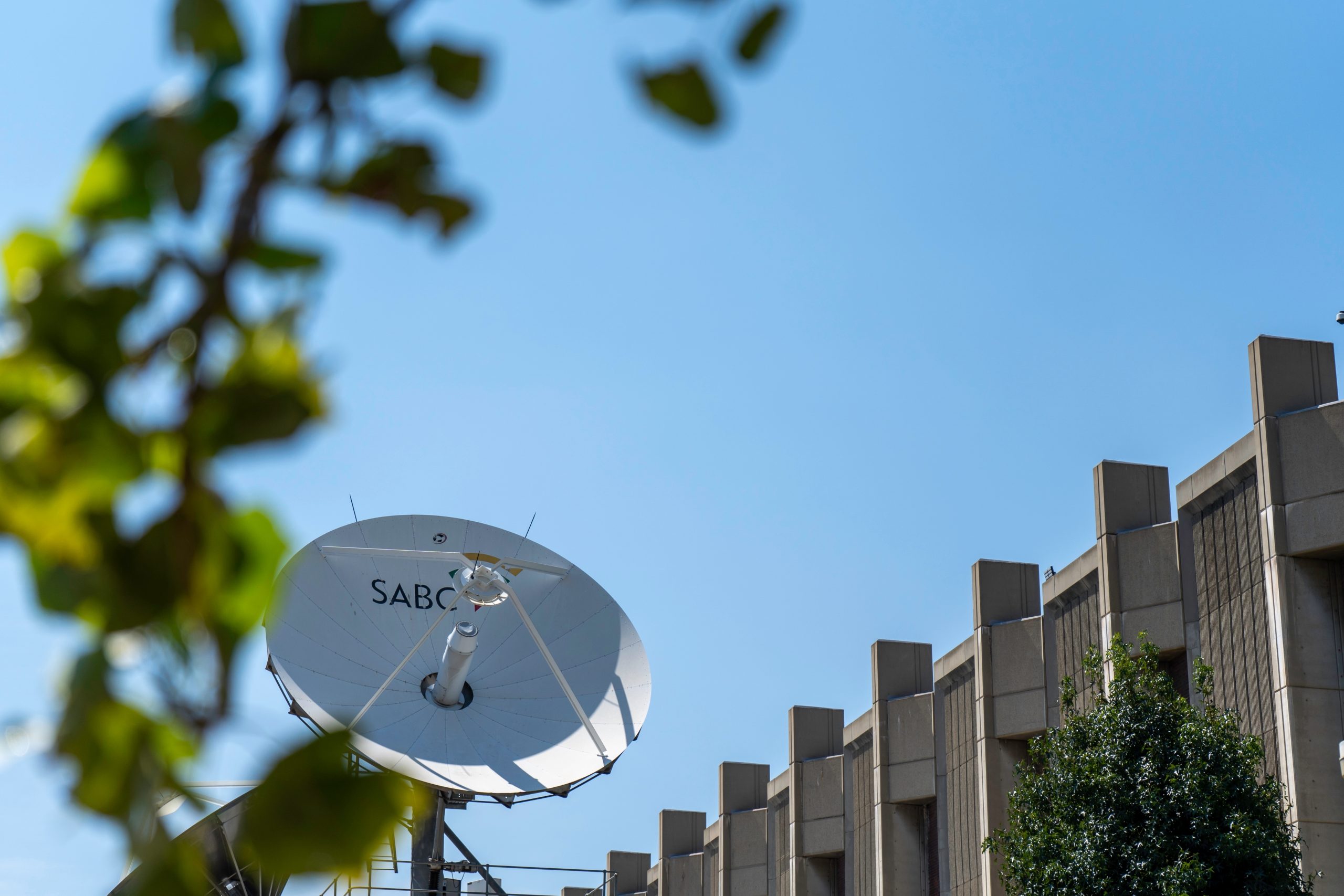
South Korea & Thailand: Questions over disaster preparedness and response
The standard of emergency broadcasting in both South Korea and Thailand has come under the spotlight recently, after natural disasters highlighted public media’s role in disaster preparedness and response.
South Korea has been dealing with its “worst ever” wildfires in a southeastern region of the country, which have claimed the lives of 28 people in the country, and displaced 30,000. And while the major fires are now under control, KBS has come under attack for how it responded. KBS has a legal responsibility to provide emergency broadcasting services, but a petition was launched claiming it was not doing enough, while the Democratic Media Citizens’ Coalition said KBS “is not fulfilling its role”.
This claim, however, was strongly rejected by KBS, who said over a period of five days, they broadcast around 38 and a half hours of news related to the wildfire. “We are doing our best company-wide to minimize damage from the wildfires by conveying the on-site situation through subtitles, etc., even outside of news hours,” the broadcaster said. Subsequently, KBS organised two special live broadcasts dedicated to the wildfire.
In Thailand meanwhile, the Prime Minister took issue with the response from two key government agencies responsible for alert messaging, in the wake of the major earthquake in Myanmar, which possibly killed up to 10,000 people. During a Cabinet meeting, Prime Minister Paetongtarn Shinawatra criticised the length of time it took to send out emergency phone alerts. The earthquake occurred at 1.20pm, but the first alert message was not sent out until 2.44pm, and even then, it was only sent via SMS to 200,000 mobile phones.
South Korea: Read more >>
Thailand: Read more >>
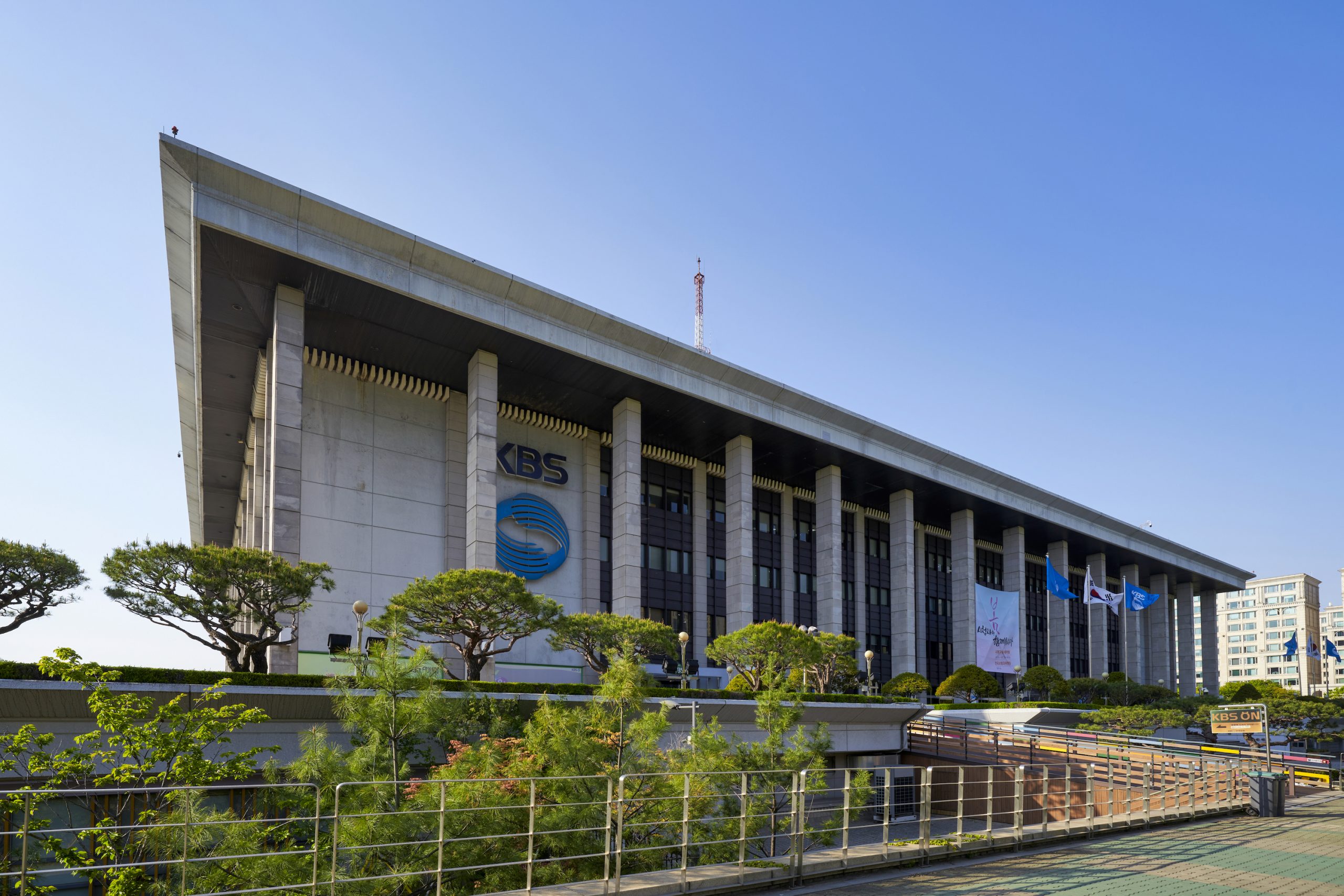
Featured Image: Sentech TV Tower in Johannesburg. Image: South African Tourism/Creative Commons
Related Posts
25th March 2025
Plans to strengthen broadcasting through mergers & partnerships | PMA Briefing
Indonesia and Bangladesh's gov't…
11th March 2025
Clampdowns, agreements and new hope | The PMA Briefing
Czech Republic sees boost in PSM's…
4th March 2025
Public broadcasters apologise for editorial failings | The PMA Briefing
Both the BBC and DR own up to failings,…
